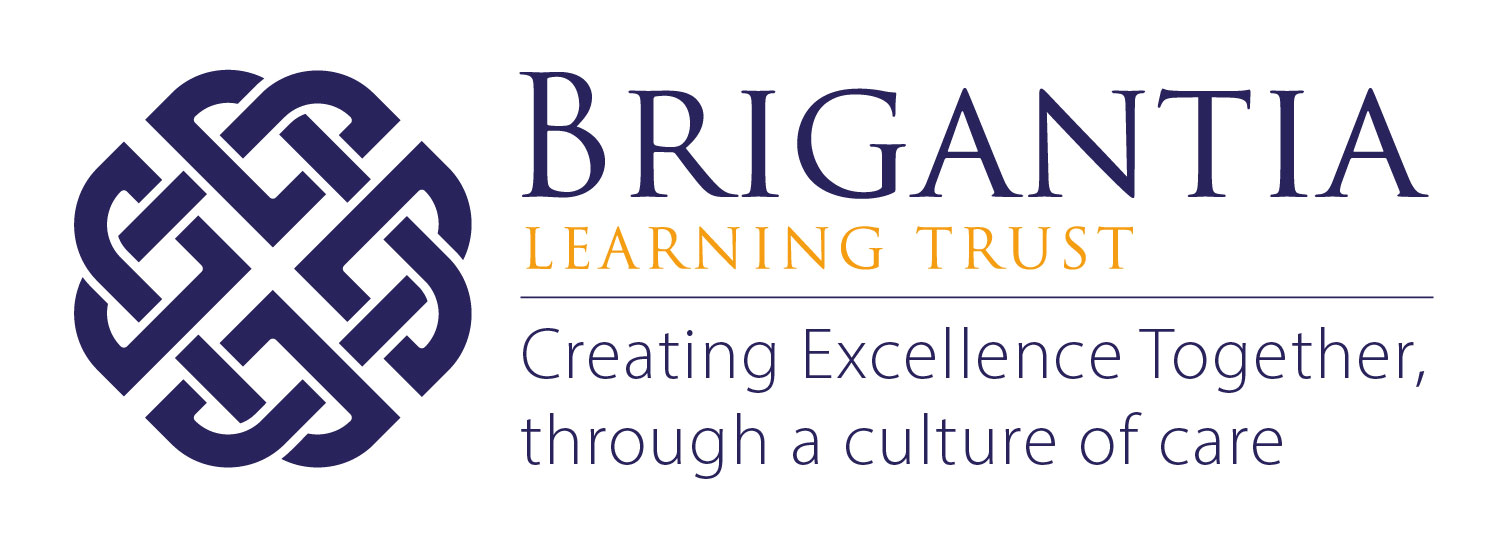Achieve your goals
Supporting your child with revision and exam preparation
Expectations matter
One of the largest studies on parental behaviours and how they affect their children’s academic achievement found that placing a high value on education and having high academic expectations had the most positive impact. Other tips from this research included regular communication with children about their homework and having clear study and leisure time guidelines.
But having high expectations without providing appropriate support is akin to a car having powerful accelerators and no steering wheel. It is guaranteed to crash. Recent research suggests that we need to help people develop resilience, with children who have supportive parents achieving better grades as well as being more socio-emotionally adjusted.
Setbacks are opportunities for learning
The exam season is an emotional rollercoaster, with a series of highs and lows. How well parents react to their child’s lows may well determine how many highs they have.
A recent study found that children are very adept at identifying how their parents view failure. Those who see mistakes as opportunities to learn, instead of as personal judgements, are more likely to develop a growth mindset. Teachers could run sessions, perhaps at the beginning of parents’ evening, to discuss this type of research and what it means in practice.
Not all revision techniques work
It is important for parents to know that not all revision techniques are equal. Strategies such as re-reading and highlighting have been found to be ineffective. That’s because this technique doesn’t force the pupil to think hard and can be done on autopilot. Strategies that have more chance of leading to long-term memory retention include “spacing” and “the testing effect”.
Use deadlines, avoid nagging
People tend to underestimate the time that is needed to complete a task. This is known as the planning fallacy. The behaviour pattern is especially strong in students, who have less experience than adults to draw on.
Research suggests that the most effective way to overcome this is to set clearly defined deadlines. If parents and children do this together, students are less likely to set unrealistic deadlines, and parents are less likely to feel like they are nagging.
Put phones away
Multi-tasking is a bit of a myth. Each minute spent focusing on “the wrong things” is 60 seconds not spent on “the right things”. For many students, this is often exacerbated by their mobile phones, with the average person checking their phone about 85 times a day. Excessive use can lead to a wide range of negative consequences that include reduced concentration, memory and an increase in stress and anxiety.
If students sleep right, they think right
The National Sleep foundation recommends students get about nine hours sleep a night. Research suggests there is a strong relationship between getting a regular night’s sleep and exam results (about half a grade different per subject).
For many students, it is tempting to sacrifice a night’s sleep in order to do extra revision. This is a bad thing to focus on the night before an exam. Other common sleep mistakes include going to bed at different times, waiting to feel tired before going to bed and drinking caffeine late into the night.
Sleep can be a powerful weapon during revision time, as a regular night's sleep will help improve your child's memory, concentration, ability to handle stress, creativity, decision making and immune system.
You can help your child gain these benefits by avoiding common sleep mistakes such as irregular bedtimes, late night use of electronics and staying up all night doing last minute cramming.
Get young people out of the house
A recent report found that children spend around 50 per cent less time outside than their parents did at the same age. Spending time outside is one of the most effective ways to reduce stress levels. Students who get fresh air report feeling happier and more focused later in the day.
Being in nature helps, too. In a fascinating study, students who took a break in outside in a field, park or forest, compared to an urban environment, performed 20 per cent better on their return to work.
So how can you help your child revise?
Research has consistently demonstrated that 'little and often' is far more effective than 'a lot all at once'. Doing one hour of revision a day for 8 days is far more effective than eight hours in one day'.
However, given the choice, many students will opt to leave everything to the last minute. The best things parent can do is to provide structure and agree mini-deadlines so as to help the students believe the task is manageable and achievable.
Ditch the highlighters
Despite being arguably the most popular revision weapon of choice, there is little evidence that highlighting helps improve memory. This is because it can be done on auto-pilot and doesn't force students to think deeply about what they are reading.
It also doesn't help students make connections to previously learnt material. The biggest mistake students do with highlighters is to over-use them, with too many different colours and too much content highlighted results in little being remembered.
Utilise the testing effect
The 'Testing Effect' describes how having to answer a question improves your memory. This can take the form of quizzes, multiple choice tests, past papers or simply answering a question about what you've learnt round the dinner table. This is one of the best ways to learn.
In fact, researchers have described this as 'more beneficial for learning than restudying and all other comparison tests'. This is because it forces students to think about what they've been studying and allows them to check for any gaps in their knowledge.
Silence is golden
Music can help motivate people (this is why people listen to music on the treadmill at the gym) and it can improve your mood (listening to your favourite song usually makes people smile). But does it help revision? Studies have shown that people who revise listening to music recall less than those who revised in quiet environments. This is because music can be distracting. If the songs students listen to get 'stuck in their head', it is unlikely that their revision will as well.
React well to their setbacks
Over the coming weeks, there are inevitably going to be some setbacks and disappointments. Recent research suggests that how parents reacts when their child makes a mistake play a huge role in their child's mindset.
During these low moments, if parents can react to setbacks positively and as an opportunity for learning, instead of negatively judging them, your child is much more likely to develop a growth mindset. This research found that children are very adept at accurately assessing their parents' reactions to their setbacks, so choose your words carefully.
Praise the right things
It is not just parental reactions to the low moments that impact on your child's mindset. When your child is successful, the type of praise you use really matters. Many parents are tempted to focus on their child's natural ability, saying things like 'you are such a smart boy' or 'you are such a clever girl'.
Instead, by focusing more on their effort, process and strategies, your child will learn the key skills needed to become resilient learners. Phrases such as 'you must have worked really hard on that' or 'you did really well to stick with it' are good starting points.
For students to achieve their goals we know they need as much support as possible both in and out of sixth form. We know that parents and carers play a vital role in this and that it can make a real difference to a student’s experience and success.
Sharing information with parents and carer is important to us. For this reason we ask parents and carers to download the Edulink app. You will receive your personal login details to the system, which can be accessed through the website. Through Edulink you can check on your child's
- Timetable
- Progress
- Attendance
- Behaviour
We also hold a range of information events in relating to progress and progression throughout the academic year. These are a great opportunity for you to come in and meet with teachers and staff. You will receive further information about these events through the post.
If you do have any questions about a student’s progress, their courses, or the general wellbeing of a student just give us a call on the number below or via email at enquiries@longleypark.ac.uk.











